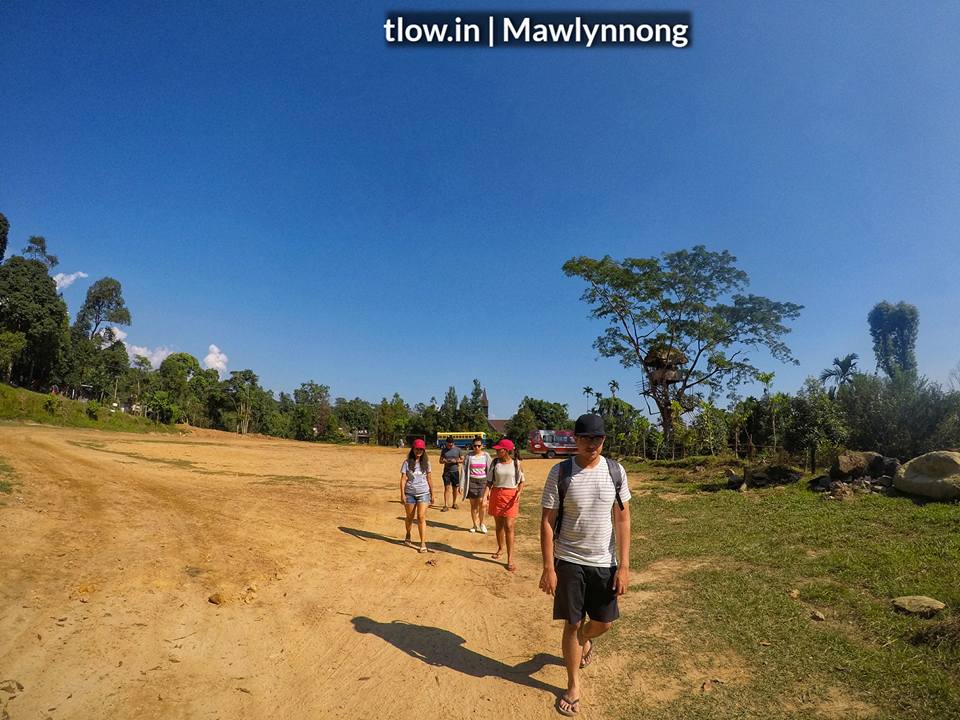
5 vital ways how backpacking can aid kids with no siblings
Backpacking can be a great learning experience for kids without siblings. It can be an incredible and educational experience for kids, even if they don’t have siblings to accompany them. If a child is interested in backpacking alone, there are some additional considerations to ensure their safety and well-being. Here are some ways that backpacking can benefit these kids:
Table of Contents
1. Social Skills with backpacking:
Backpacking provides opportunities for kids to interact with others, make friends, and practice social skills. Meeting new people and learning to communicate effectively can help children build confidence and self-esteem. Consider destinations that are suitable and safe for kids, with family-friendly attractions, accommodations, and amenities.
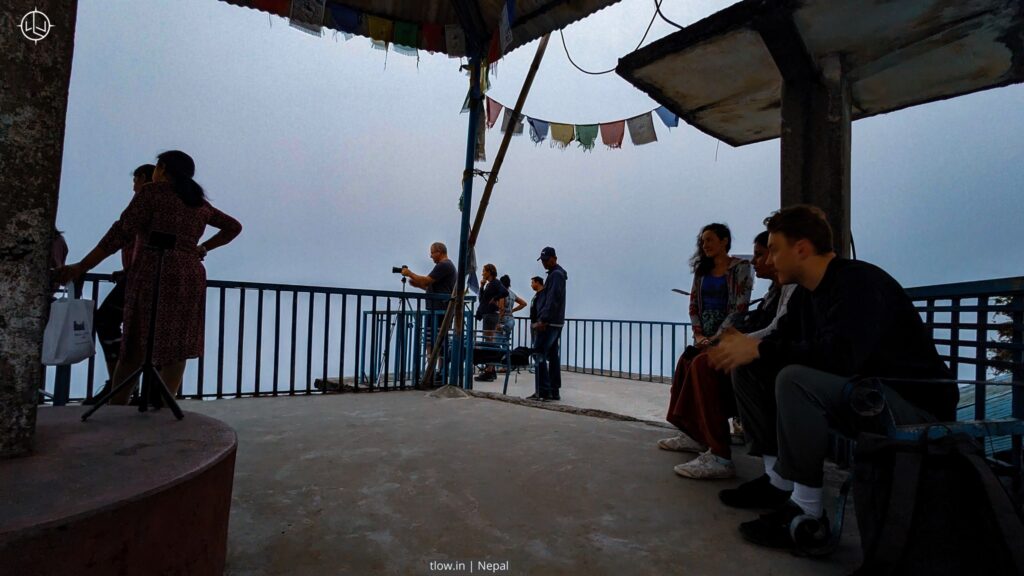
Assess your child’s readiness for backpacking based on their age, maturity level, and previous travel experiences. Younger children may not be ready for solo backpacking, so consider starting with family trips or group adventures.
2. Independence:
Backpacking requires children to take responsibility for their own needs, such as food, shelter, and hygiene. This can help kids develop a sense of independence and self-reliance. Involve your child in the trip planning process. Discuss potential destinations and let them have a say in choosing activities and attractions they are interested in.
Ensure you have parental consent and discuss the trip in detail with your child. Set clear expectations, rules, and boundaries to ensure their safety. Purchase appropriate travel insurance that covers your child’s backpacking adventure. This will provide medical coverage and protection in case of any emergencies.
3. Problem Solving:
Backpacking can present challenges and problems that kids have to solve. For instance, they may need to find a water source or navigate a difficult trail. Learning to think critically and creatively to solve these challenges can improve problem-solving skills.
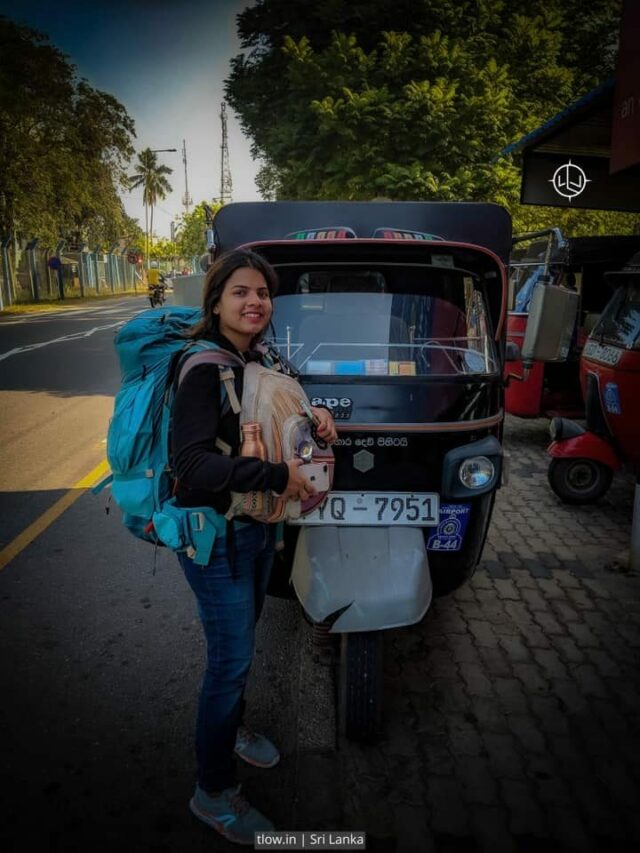
Look for family-friendly accommodations such as hostels, guesthouses, or campsites that offer a social atmosphere and opportunities to interact with other travelers. Prioritize safety by selecting destinations with a low crime rate and good infrastructure. Teach your child about basic safety precautions, such as staying together in public places and not talking to strangers.
4. Appreciation for Nature:
Backpacking offers a chance for children to explore and appreciate the natural world. This can help kids develop an interest and respect for the environment, which can translate to a greater sense of responsibility towards conservation.
Create a packing list together, including items like appropriate clothing, comfortable shoes, a first aid kit, important documents, and any necessary medications. Establish a communication plan with your child, setting specific check-in times and methods of communication, such as phone calls or messaging apps. Regularly check on their well-being and location.
5. Mindfulness:
Backpacking can also help kids learn to be more mindful and present in the moment. Disconnecting from technology and immersing oneself in nature can be a grounding experience that encourages introspection and reflection.

Give your child a cell phone or other means of communication so they can easily reach you if needed. Establish check-in times and make sure they know emergency contact numbers. Encourage your child to immerse themselves in the local culture by trying regional foods, learning a few basic words in the local language, and respecting local customs.
Encourage your child to interact with other travelers by staying in accommodations with communal areas or joining group activities and tours. Take this opportunity to teach your child about independence and responsibility. Let them make decisions about minor aspects of the trip and encourage them to solve problems on their own.
Remind your child to have fun and enjoy the experience of backpacking. Encourage them to embrace new experiences and make lasting memories.
Tailor backpacking
Remember to tailor the backpacking experience to your child’s age and maturity level. Be supportive, provide guidance, and ensure their safety throughout the trip. With proper planning and precautions, backpacking can be a rewarding adventure for kids traveling without siblings.
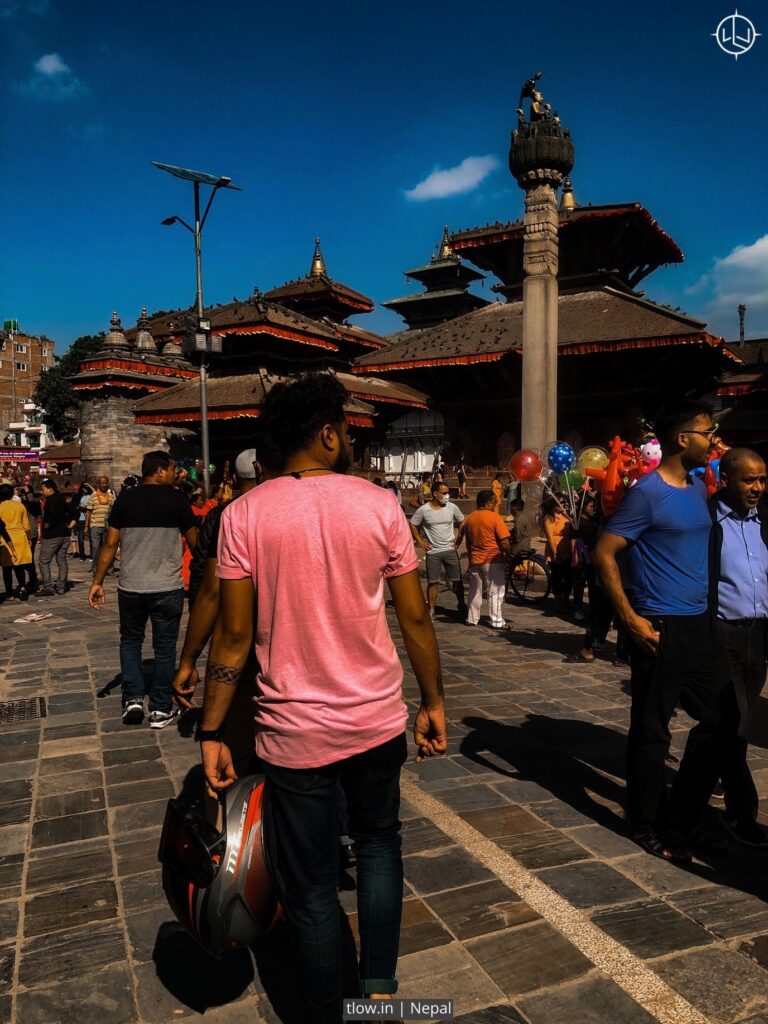
Collaborate with your child to plan the itinerary and help them choose safe and suitable destinations. Research child-friendly destinations known for their safety, infrastructure, and attractions suitable for younger travelers.
Look for family-friendly accommodations, such as hostels or guesthouses that have a reputation for being safe and welcoming to solo young travelers. Provide your child with emergency contact information, including important phone numbers for local authorities, medical centers, and a trusted adult who can assist them if needed.
Help your child create a comprehensive packing list that includes necessary clothing, toiletries, medications, and any other essentials specific to the destinations they’ll visit. Educate your child about personal safety measures, such as avoiding isolated locations, trusting their instincts, and staying alert in public spaces.
Overall, backpacking can be an excellent way for kids without siblings to gain valuable skills, make new friends, and develop a sense of self. Teach your child a few basic phrases in the local language and educate them about the customs and etiquette of the places they plan to visit. This will help them navigate and respect the local culture.
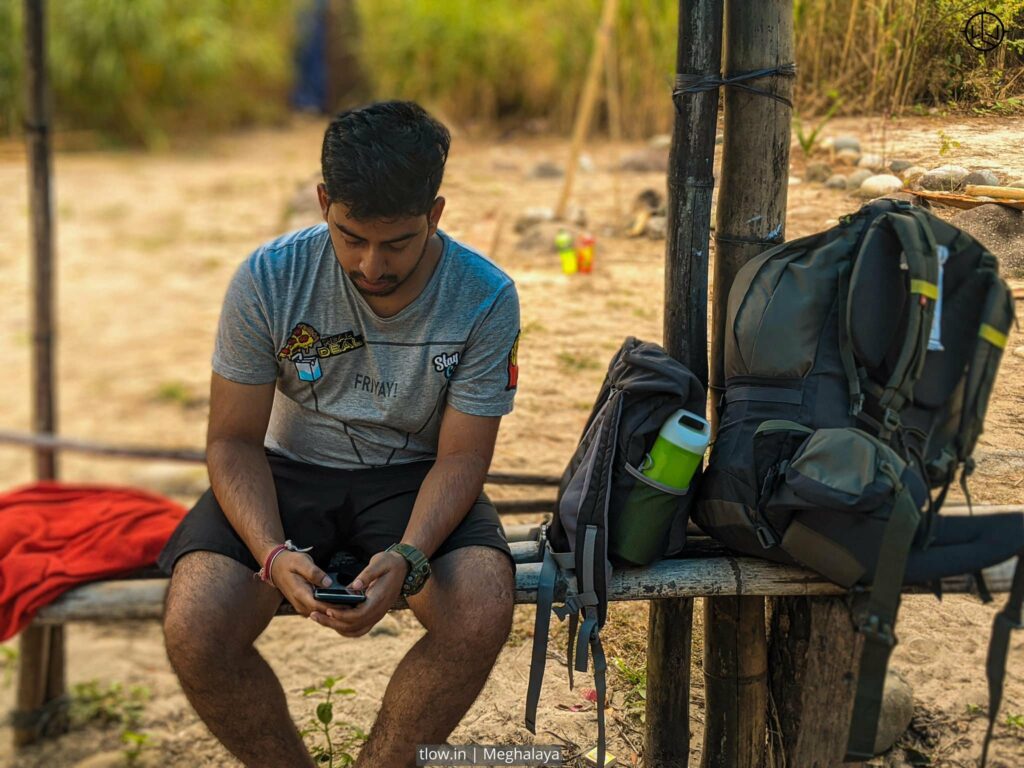
important tips
Emphasize the importance of cultural sensitivity and respect for local customs to ensure a positive and enjoyable experience for both your child and the locals they interact with.
Prepare a contingency plan in case of any unforeseen circumstances or emergencies. Ensure your child knows what steps to take if they encounter any difficulties during their trip.
Remember, parental involvement and support are crucial when a child goes backpacking alone. Regular communication, thorough planning, and ongoing guidance will help ensure a safe and memorable experience for your child as they embark on their backpacking adventure.










